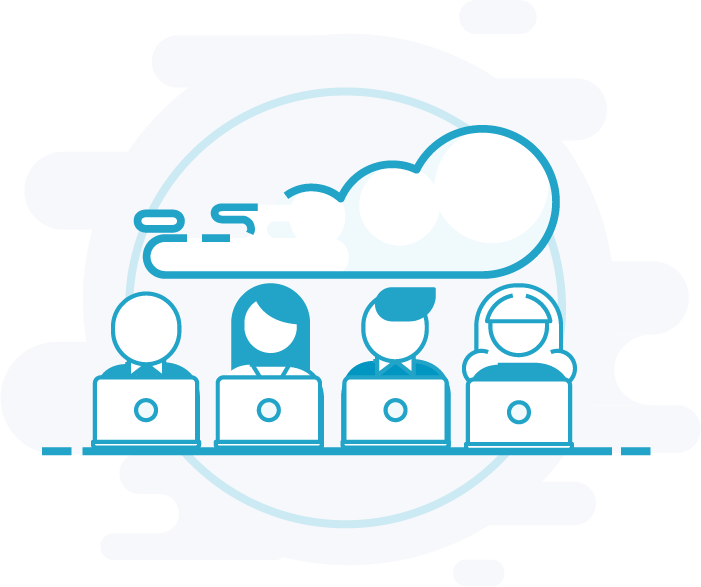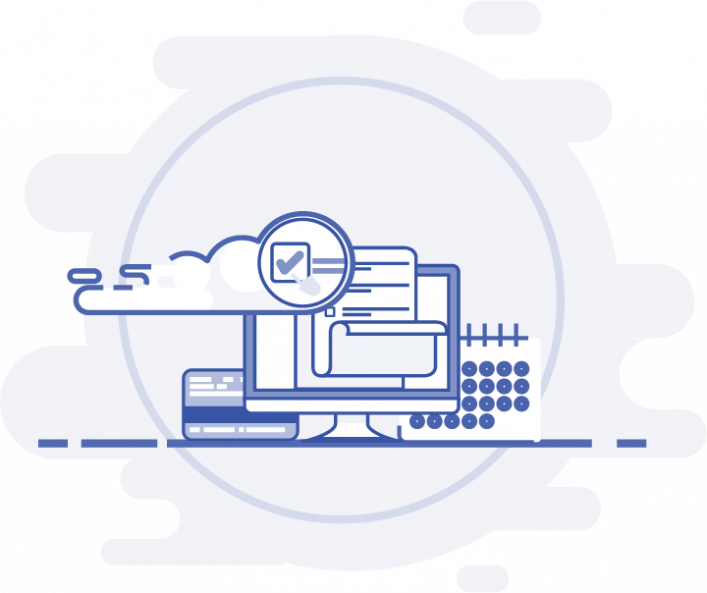The benefits of cloud computing
The business advantages of
Cloud Computing
Cloud computing is giving small businesses the tools to compete at a more sophisticated level. The key to getting the most out of it is understanding where and how it can drive benefits across your company. That means:

Scalability
Growing fast? 28% of people cite improved scalability as a top benefit of cloud computing. Add what you need, when you need it, without paying for redundant technology.

Security & Recovery
94% of business managers say data security has improved since transitioning to cloud applications. Cloud providers live and die by how secure they can be, and the right provider will look after it for you – that means you spend less time worrying about security and focussing more on core activities.

Mobile accessibility
With data and applications stored online and accessible to employees regardless where they are how they are connected, the cloud enables remote working – supporting flexibility, productivity, employee choice and even your talent pool

Collaboration
Say goodbye to cumbersome email attachments and version control nightmares. Cloud-stored documents mean employees, wherever they are, can work collaboratively in real-time, saving time by providing confidence and eliminating confusion.

True financial flexibility
Licenses are purchased when they are needed and scale with your organisation with the click of a button. No major upfront investment means better cash flow and greater financial flexibility. In fact 74% of CFOs say cloud computing will have the most measurable impact on their business.

Organised IT
IT management made easy. Service Level Agreements (SLAs) used in cloud computing mean the service provider is responsible for the bulk of IT maintenance.

Going Green
In addition to cutting costs, moving to the cloud is also greener. Data Centres are concentrated and located optimally, reducing your carbon footprint and the operating burden from individual businesses.

Mobility
Cloud allows you to access data where you want and how you want, allowing you to travel light and stress free. Using cloud-based services also means a different way of looking at the total cost of ownership (TCO) which includeS issues such as service costs, additional software licensing costs because of using software in the cloud, and minimum commitments that are more than an organisation needs.

Resilience and Backup
Cloud service providers invest millions to ensure there is enough reliance, redundancy, and backup to remove any risks that could cause a major headache to a small business.
